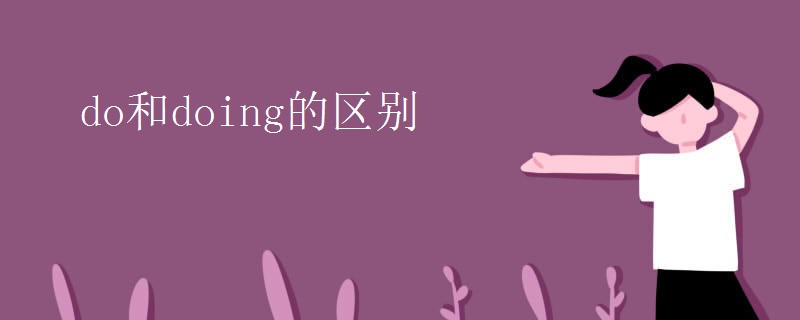-
-
to do和doing是动词的两个不同的发展阶段,to do表示还未发生,而doing表示正在发生,所以凡是需要表示还未发生的,那么就接动词to do,凡是已经发生,或者正在发生的,那么就用动词doing。举例如下:stop talking.请不要讲话。talking表示正在发生。2. stop to talk. 停止(正在做的事情)开始讲话。to talk表示还未发生。

助动词协助主要动词完成以下作用
a. 表示时态,例如:
He is singing. 他在唱歌。
He has got married. 他已结婚。
b. 表示语态,例如:
He was sent to England. 他被派往英国。
c. 构成疑问句,例如:
Do you like college life? 你喜欢大学生活吗?
Did you study English before you came here? 你来这儿之前学过英语吗?
d. 与否定副词not合用,构成否定句,例如:
I don’t like him. 我不喜欢他。
e. 加强语气,例如:
Do come to the party tomorrow evening. 明天晚上一定来参加晚会。
He did know that. 他的确知道那件事。
3) 最常用的助动词有:be, have, do, shall, will, should, would,did
4具体用法
be的用法
1)be+现在分词,构成进行时态。如:
They are having a meeting. 他们正在开会。
English is becoming more and more important. 英语变得越来越重要。
2)be+过去分词,构成被动语态。如:
The window was broken by Tom. 窗户被Tom打破了。
be+动词不定式
1)表示最近、未来的计划或安排。如:
He is to go to New York next week. 他下周要去纽约。
We are to teach the fresh persons. 我们要教新生。
但应注意:这种用法也可以说是一种将来时态的表达法。